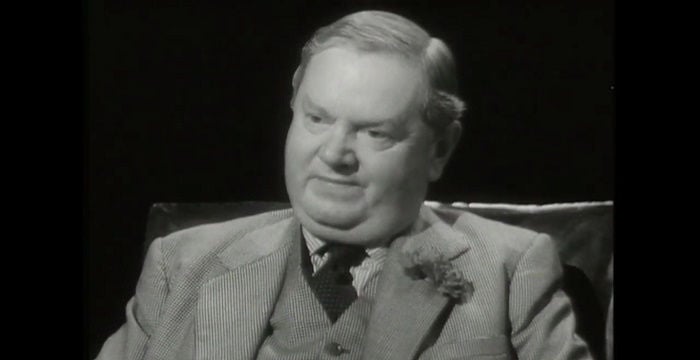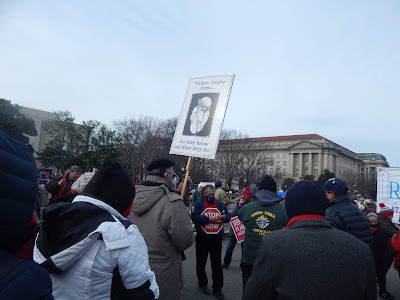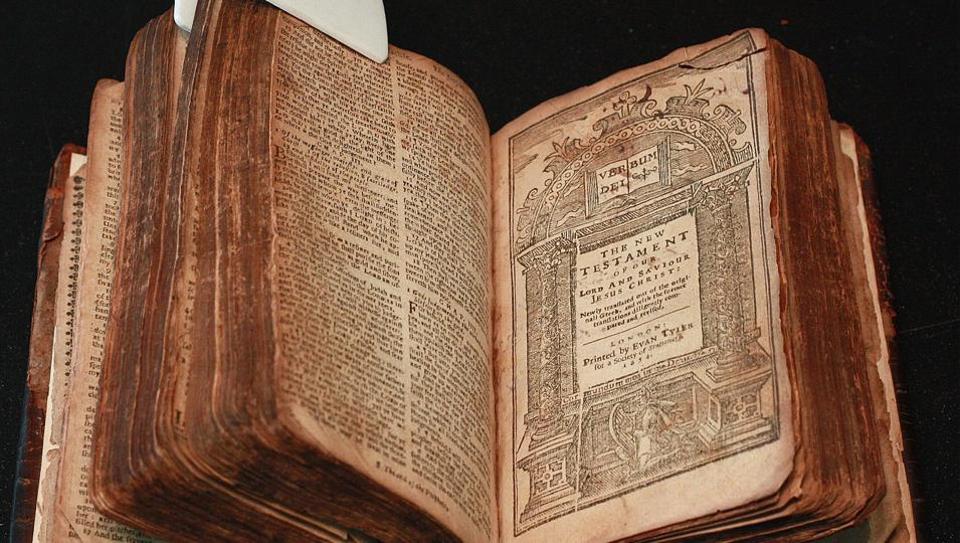This is the fifth and final post
based on my discussion of the development of the Bible. You can read Post #1 here.
Post #2 here.
Post #3 here.
Post #4 here.
The conversation continued.
Manny:
I believe the exact claim
was that when there was a reference to the OT in the NT, 20% would have matched
either the LXX and the Masoretic. 80%
they differed. Of the 80%, 90% matched
the LXX and only 10% agreed with the Masoeretic. So to be precise it’s 10% of the 80%. So I think that’s a grand total of 8%. That’s a very small amount.
St.
Augustine:
Is it not possible that
the norm in NT quotations is to quote from the Hebrew OT that they had?
We don’t have the same
Hebrew OT, but we have three excellent representations of it, and they align to
an astonishing degree despite their disadvantages–one is not complete, and one
is in another language, and one is newer. We don’t have exactly the same
Hebrew, but we are amazingly close.
And it turns out that
when the newer one differs from the one in another language, the newer one
looks less reliable.
But that is not evidence
that quotes agreeing with the one in another language are quotes from it
instead of from the original Hebrew.
Manny:
Yes it is possible and
probably certain because the Hebrew OT they had was what the Septuagint was
translated from. The Septuagint in Greek
is the original Hebrew OT.
Saint
Augustine:
But, more importantly for
this conversation: No, reverse translating is a lousy way of figuring out what
the Hebrew Word of G-d says.
Using the Masoretic Text,
the Dead Sea Scrolls, and the LXX together to get back to the original Hebrew
is a good way, and the only viable way.
If you really care about
scholarly consensus, you should know that this is the scholarly consensus.
Manny”
Yes, I just don’t trust
Liberal scholars.
St.
Augustine:
Nor do I, but this isn’t
a liberal thing. This is liberals,
conservatives, Barthians, Protestants, Catholics.
I guess I haven’t
personally checked on all of those categories.
But I’ve personally heard this stuff from conservatives (and not from
liberals).
(I studied this under
William E. Bell of DBU, an author and signers of the Chicago Statement on
Biblical Inerrancy.)
Manny:
The Holy Spirit allowed
the original Hebrew to be destroyed.
St.
Augustine:
No. He did not. He
allowed the original manuscripts to be destroyed, for the OT as well as the NT.
But the original text of them both is still going strong.
Not that we have either
in more than an approximate form. But that is just how textual history works,
and it’s not a problem, and it is an amazingly accurate approximation. (# 109.)
Manny:
It does appear they are
amazingly accurate. But where the LXX and the Masoretic differ, it sticks in my
throat.
St.
Augustine:
Ok. And I’m totally ok
with preferring the LXX to the Masoretic.
But did you just agree
with me that NT authors are quoting from the Hebrew even when they use the LXX?
Manny:
I said it’s possible and
probable. But I don’t know if it’s
definitive. You’re talking to me as if
I’m a PhD scholar on this! I thank you
for the compliment but I’m basically an amateur on this subject.
Saint
Augustine:
Of course, if the LXX is
itself inspired (and not just a reliable translation of the inspired Hebrew),
then the NT should never once disagree with it. Very small isn’t enough. Only
none is enough.
Manny:
Good point, but the Holy
Spirit has His motivations! He may have
multiple objectives! ;) He may want this ambiguity, just as in God’s
ambiguity. You hear atheists ask
frequently why doesn’t God just come out and show us He exists in a definitive
way? Well that ambiguity is part of His
plan. Perhaps the ambiguity with the
scriptures is part of His plan too.
St.
Augustine:
I wasn’t trying to [talk
to a PhD scholar]. I’m no more than a B.A. scholar myself, and you’re plainly
better than many professional scholars.
[Grumble, grumble. Scholars these
days. Mumble, grumble.]
Manny:
I just thought of another
reason why the Septuagint should be the authoritative text for Christians. I
don’t think I mentioned this. The New Testament writers all wrote in Greek,
which I did mention, but the continuity of language implies a continuity of
text. Why did the New Testament writers write in Greek? Because I would
maintain (with no way to prove it) that they intended to build on the
Septuagint with the new texts fulfilling the old texts. I think the intent was
one continuous Bible.
I don’t know if that causes you to reevaluate (I doubt it) but it’s something else to consider in your future Biblical endeavors.
St.
Augustine:
Of course it implies a
continuity of text. That text is the Old
Testament–a text written in Hebrew.
Or by “language” do you
just mean Greek as opposed to Hebrew, Latin, Swahili, etc.? In that case, no: The continuity of language
only implies that they were writing in the same language. And they wrote in Greek because they wanted
people to be able to read it. The intent
was one continuous Bible–with the last bits in Greek.
Manny:
Yes, the Greek
language. Because the Septuagint was
written in Greek, the New Testament writers felt obligated to continue in
Greek. That’s my theory. Apparently there was no compunction to return
to the Hebrew. They must have been so
steeped in the Septuagint Greek that they felt no obligation to write in
Hebrew. Actually as I think on it, by
the first century A.D. Hebrew may have already been a dead language. Jews spoke in Aramaic or Greek.
St.
Augustine:
It wasn’t dead. Plenty of Rabbis (at least) knew it, and
Aramaic is (so I understand) not exactly a different language.
But anyway . . .
It’s an interesting
theory, and I have a better one: Paul and all the Palestinian writers knew the
Hebrew OT, and they wrote in Greek so that Gentiles and Greek-speaking Jews
could read what they were writing. They
had no obligation to write in Hebrew because they had no obligation to write in
a language most people could not read.
In a different context, they would have used Latin or English.
Manny:
Yes that’s possible too.
Given that most people did not read in any language, I wonder who they were
writing for. Paul was writing letters to be read in churches of Greek speakers,
so that’s understandable. But who were the Gospel writers writing for? Something to think about.
St.
Augustine:
They were also writing
for things being read in churches of Greek-speakers.
Most people didn’t read,
but they lived books. They were text-based people. Reading was an out-loud
activity, and reading as a communal activity was normal.
Manny:
I just thought of another
reason why the Septuagint should be the authoritative text for Christians. I don’t think I mentioned this. The New Testament writers all wrote in Greek,
which I did mention, but the continuity of language implies a continuity of
text. Why did the New Testament writers
write in Greek? Because I would maintain
(with no way to prove it) that they intended to build on the Septuagint with
the new texts fulfilling the old texts.
I think the intent was one continuous Bible.
I don’t know if that
causes you to reevaluate (I doubt it) but it’s something else to consider in
your future Biblical endeavors.
St.
Augustine:
Of course it implies a
continuity of text. That text is the Old
Testament–a text written in Hebrew.
Or by “language” do you
just mean Greek as opposed to Hebrew, Latin, Swahili, etc.? In that case, no: The continuity of language
only implies that they were writing in the same language. And they wrote in Greek because they wanted
people to be able to read it. The intent
was one continuous Bible–with the last bits in Greek.
Manny:
Yes, the Greek
language. Because the Septuagint was
written in Greek, the New Testament writers felt obligated to continue in
Greek. That’s my theory. Apparently there was no compunction to return
to the Hebrew. They must have been so
steeped in the Septuagint Greek that they felt no obligation to write in
Hebrew. Actually as I think on it, by
the first century A.D. Hebrew may have already been a dead language. Jews spoke in Aramaic or Greek.
St.
Augustine:
It wasn’t dead. Plenty of Rabbis (at least) knew it, and
Aramaic is (so I understand) not exactly a different language.
But anyway . . .
It’s an interesting
theory, and I have a better one: Paul and all the Palestinian writers knew the
Hebrew OT, and they wrote in Greek so that Gentiles and Greek-speaking Jews
could read what they were writing. They
had no obligation to write in Hebrew because they had no obligation to write in
a language most people could not read.
In a different context, they would have used Latin or English.
Manny:
Yes that’s possible too.
Given that most people did not read in any language, I wonder who they were
writing for. Paul was writing letters to be read in churches of Greek speakers,
so that’s understandable. But who were the Gospel writers writing for? Something to think about.
St.
Augustine:
They were also writing
for things being read in churches of Greek-speakers.
Most people didn’t read,
but they loved books. They were text-based people. Reading was an out-loud
activity, and reading as a communal activity was normal.
Manny:
Thanks for a great
conversation! Maybe the best extended
conversation I’ve ever had on Ricochet.
†















